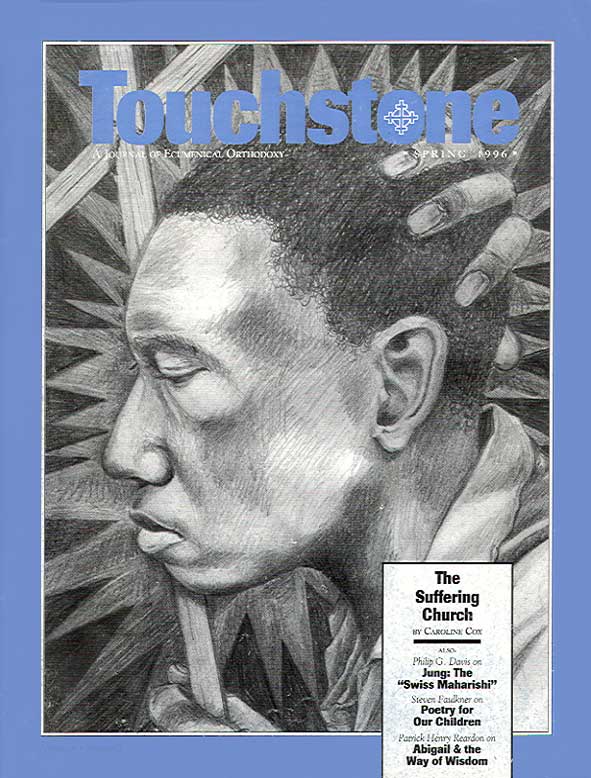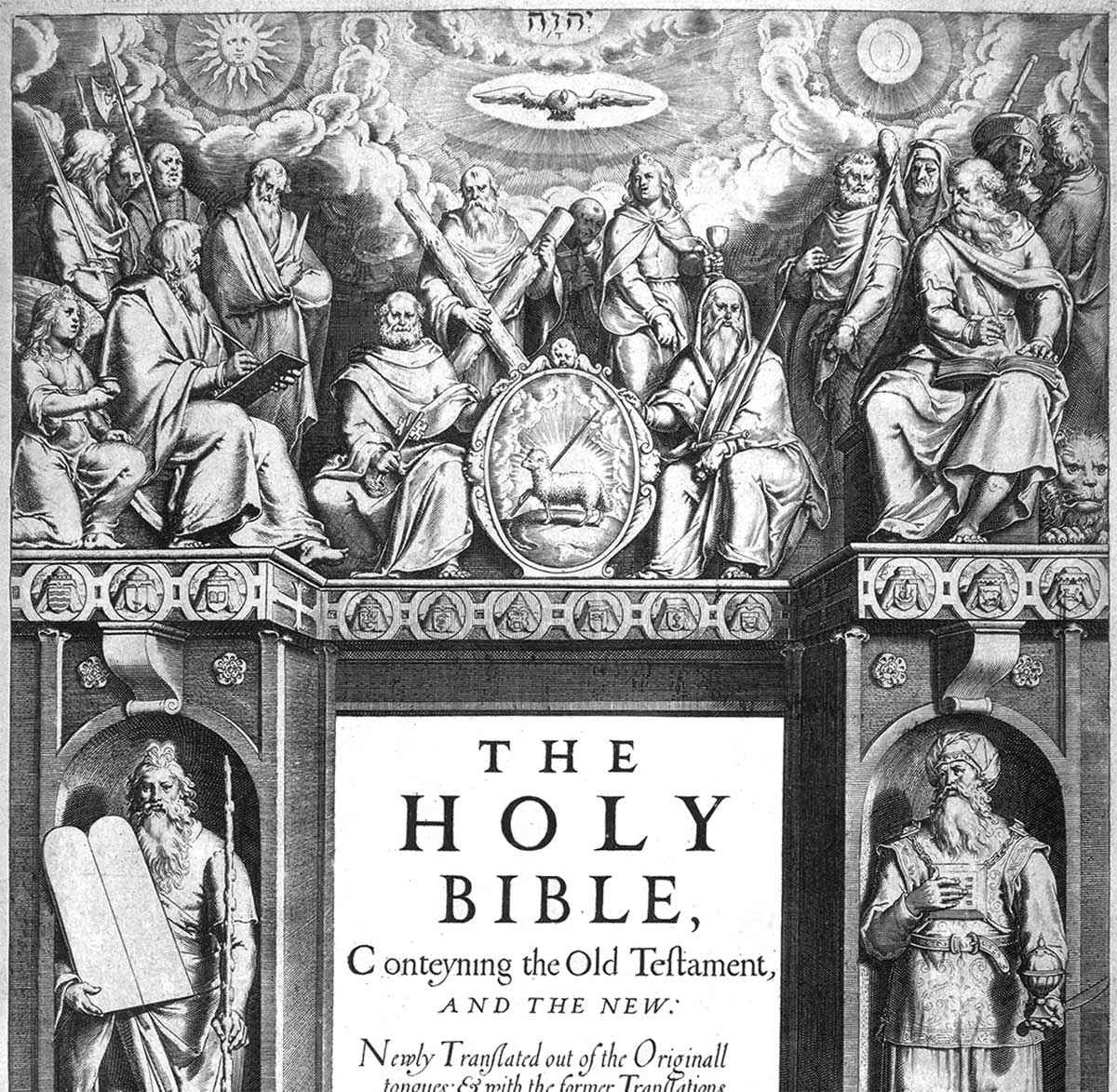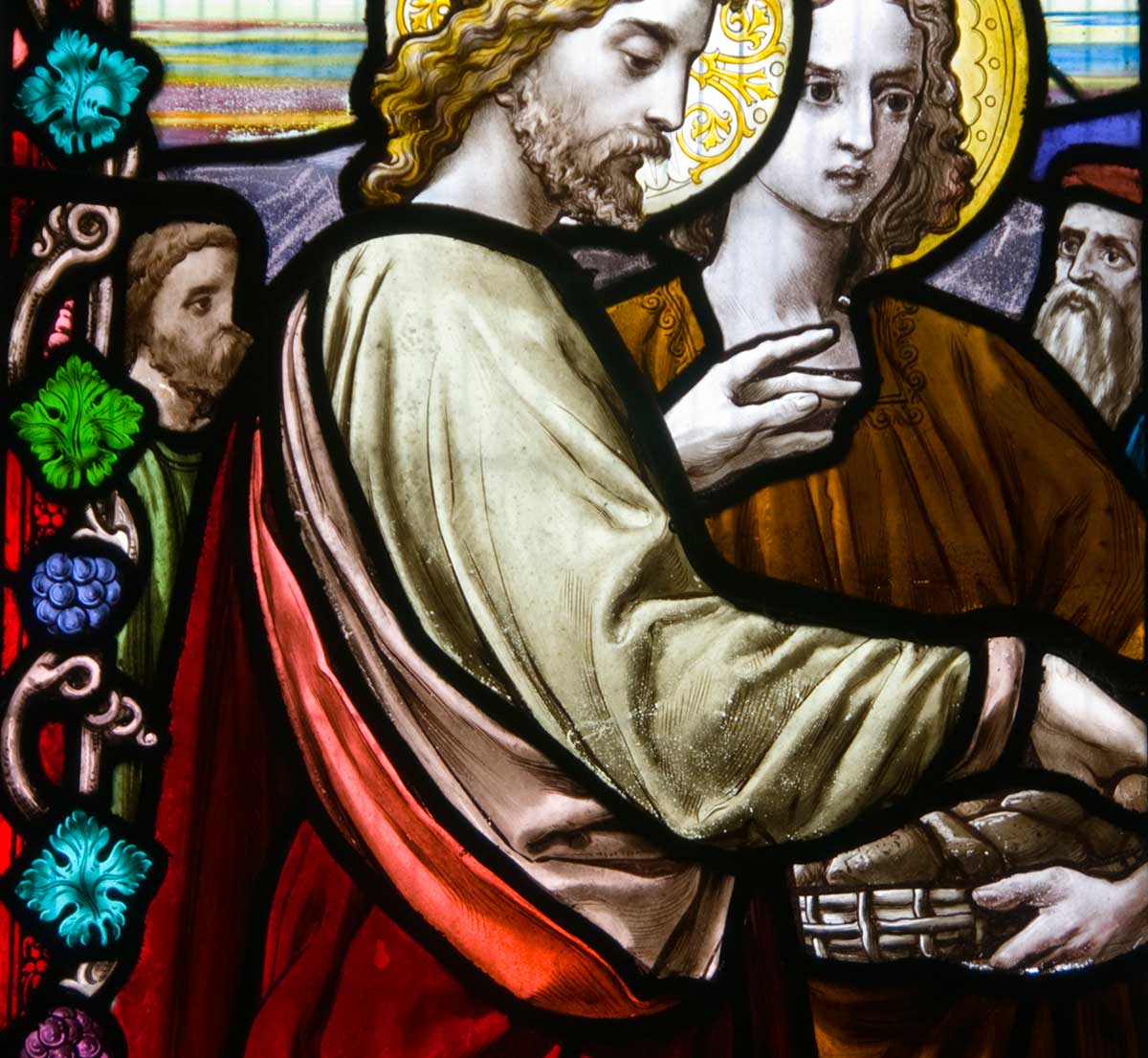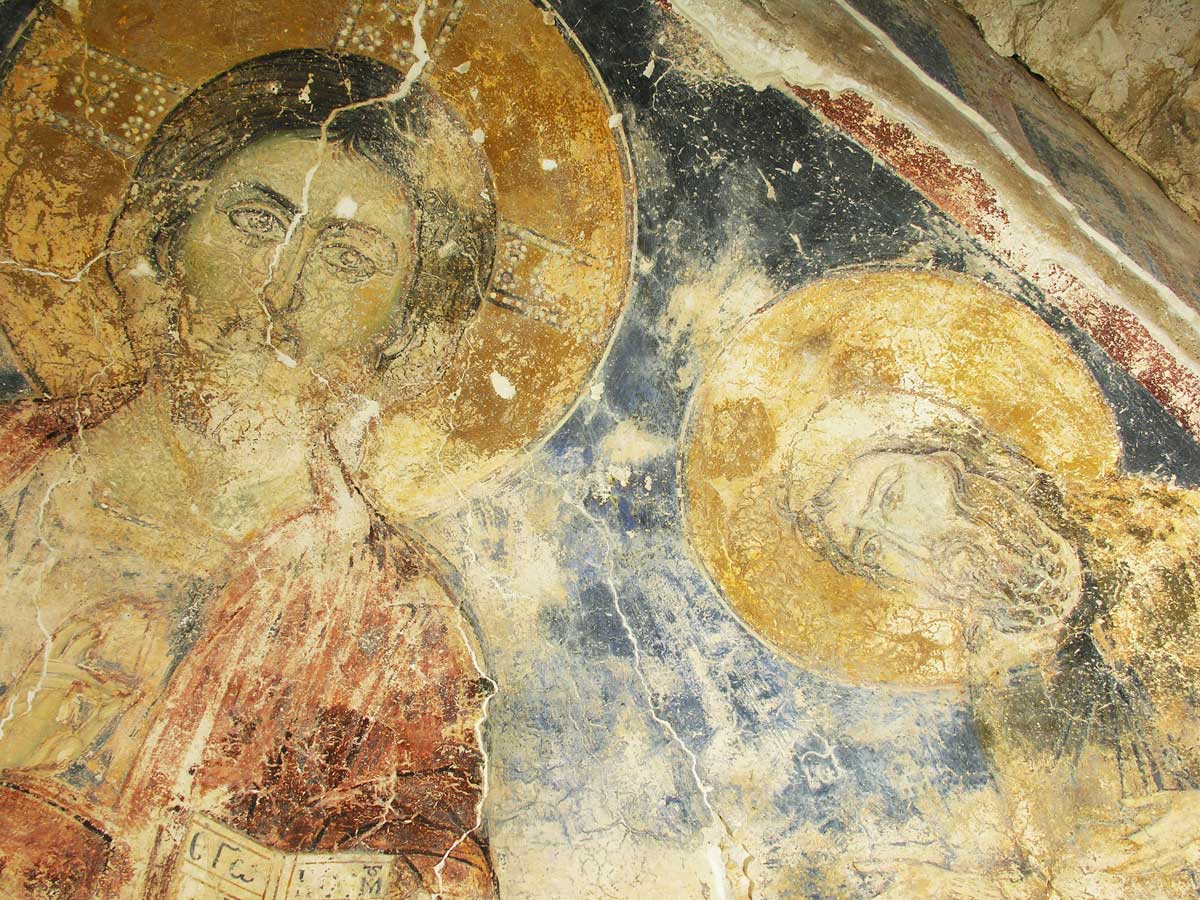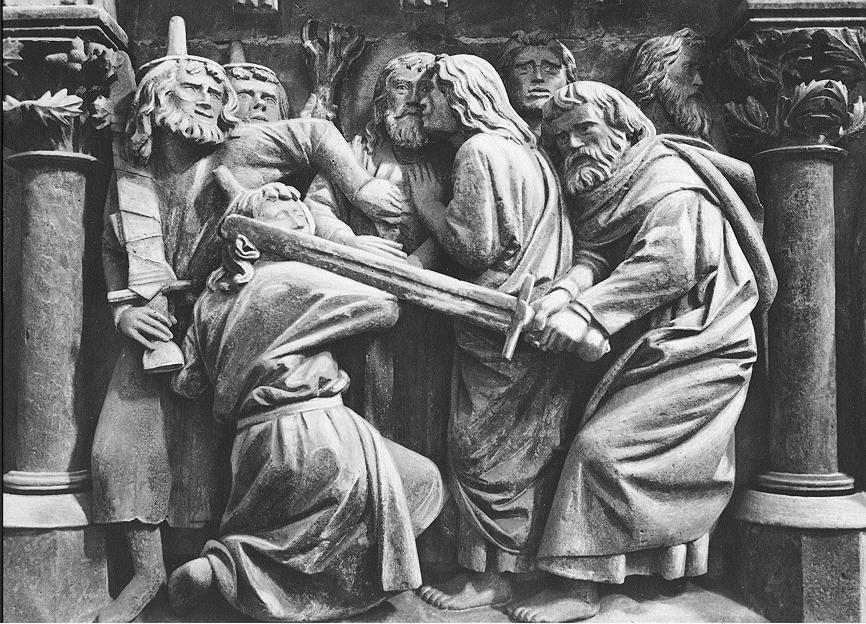Abigail & the Way of Wisdom
The Bible’s Narrative & Wisdom Traditions Are Combined in a Story of Romance
by Patrick Henry Reardon
In 1 Samuel 25, at a point roughly halfway through the description of David’s exile, comes the endearing account of his meeting with Abigail and of their eventual marriage.1 Reckoned among the most winsome narratives in the Bible, it is a story interesting, and even intriguing, from several aspects.
For example, 1 Samuel 25 has considerable merit just as a romance. And as a romance it is necessarily constructed with three major characters: king, queen, and knave. Since love without struggle is cloying, and struggle without love is cruel, a good romance invariably involves more than a couple falling in love. There must also be some sort of antagonist.2 A knight, a damsel, and a dragon, then, are all de rigeur, however they are named (Tom Sawyer, Becky Thatcher, and Injun Joe, for instance). In our story they are called David, Abigail, and Nabal.
First Samuel 25 also is interesting as a psychological study. Nabal, failing to understand either Abigail or David, is thereby brought to his ruin. David, by contrast, who is normally portrayed as a man gifted with insight into the character of other people,3 immediately perceives the inner worth of Abigail. She, quite unlike her husband, seems to understand the personality of David exactly and is able to appeal to his deeper, nobler dimensions.
I believe, however, that the principal interest of the biblical author himself is properly theological, and that it is particularly directed to two related aspects of salvation history: Wisdom and Providence. This captivating story of David, Abigail, and Nabal examines these two theological concerns. I will concentrate attention on Abigail, the central and dominant persona dramatis of 1 Samuel 25.
Abigail & the Fool
Even though she will not become an active participant in the drama until verse 14, Abigail is immediately introduced with her husband, Nabal, near the beginning of the account. This stylistic arrangement allows the author to establish early what becomes a sustained contrast between the two characters throughout the story. Abigail is “a woman of good understanding and lovely appearance,” whereas her “husband was surly and of evil deeds.” The rest of the account, elaborating the differences between a wise, attractive woman and her sottish, offensive husband, thus becomes a narrative enactment of the tension between Wisdom and the Fool, a standard theme of the Bible’s sapiential literature.
Nabal was by blood a descendant of Caleb, a name that means “dog,” 4 but he was certainly not a lazy fellow. Indeed, the evidence suggests something of a workaholic. He was a wealthy man who labored hard for everything that he possessed.5 A person of sharp tongue and mongrel disposition, Nabal was rash,6 compulsively driven, hot-tempered, stubborn, stingy, impossible to reason with, and a very slow learner. Abigail’s husband thus combined many of the features that the Wisdom tradition ascribed to the Fool. He also had a drinking problem and probably high blood pressure; he died of an apparent stroke. If Nabal was possessed of any good points, Holy Scripture neglected to mention them.
A major feature of Nabal’s moral imbecility was the failure to appreciate his wife’s wisdom. Long habituated to ignoring her example and her counsel, he followed his own path to self-destruction. His household servants summed it up: “He is such a wicked man that no one can talk to him” (1 Samuel 25:17).
There may have been an even more unattractive side to his personality, however. Commenting that her husband’s (Phoenician) name, Nabal, was identical to a Hebrew word for “fool,” Abigail went on to remark that “folly is with him” (1 Samuel 25:25). Her word for “folly” in this passage, nebalah, gives further pause for darker thoughts. First, of the various Hebrew terms for “folly,” this is the one likely to be used for notorious disgrace and public scandal (cf. Josuah 7:15; Isaiah 9:16 [17]; 32:6). Nebalah is not an abstract or general term; it invariably refers to individual actions and specific shameful situations. Except for Job 42:8 it does not appear in the Bible’s sapiential literature.
Patrick Henry Reardon is pastor emeritus of All Saints Antiochian Orthodox Church in Chicago, Illinois, and the author of numerous books, including, most recently, Out of Step with God: Orthodox Christian Reflections on the Book of Numbers (Ancient Faith Publishing, 2019).
subscription options
Order
Print/Online Subscription

Get six issues (one year) of Touchstone PLUS full online access including pdf downloads for only $39.95. That's only $3.34 per month!
Order
Online Only
Subscription

Get a one-year full-access subscription to the Touchstone online archives for only $19.95. That's only $1.66 per month!
bulk subscriptions
Order Touchstone subscriptions in bulk and save $10 per sub! Each subscription includes 6 issues of Touchstone plus full online access to touchstonemag.com—including archives, videos, and pdf downloads of recent issues for only $29.95 each! Great for churches or study groups.
Transactions will be processed on a secure server.
more on bible from the online archives
more from the online archives

28.2—March/April 2015
Man, Woman & the Mystery of Christ
An Evangelical Protestant Perspective by Russell D. Moore
calling all readers
Please Donate
"There are magazines worth reading but few worth saving . . . Touchstone is just such a magazine."
—Alice von Hildebrand
"Here we do not concede one square millimeter of territory to falsehood, folly, contemporary sentimentality, or fashion. We speak the truth, and let God be our judge. . . . Touchstone is the one committedly Christian conservative journal."
—Anthony Esolen, Touchstone senior editor





